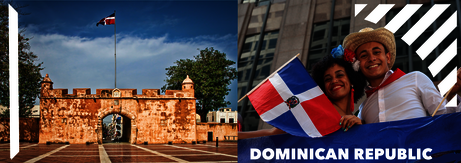Summary of operations
Road Infrastructure: Financing for 148 kilometers of highways.
Energy: Financing for the generation of 80 megawatts of clean renewable energy.
Agro Sector: US$ 60 million for the strengthening of the agricultural sector with a sustainable technological approach.
A 228% increase in the amount estimated in the 2021-2026 country strategy, reaching US$ 1.8 billion. In the previous five-year period the disbursement amounted US$ 533.9 million.
PROJECTS

Coral Highway Project
It consisted of the construction of a 70-kilometer-long, 4-lane highway, for which financing of US$70.0 million was allocated.
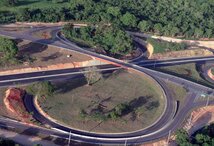
Improvement and Expansion of the Eastern Road Corridor for road sections
San Pedro de Macorís-La Romana Section, La Romana Beltway Section and Eastern Tourist Boulevard Section, totaling 78 kilometers in length and representing the best road infrastructure in the country.
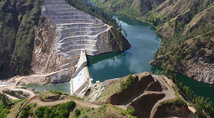
Palomino Hydroelectric Project
With a clean and renewable energy generation capacity of 80 megawatts, it is located in the Province of San Juan. For its execution, the Bank allocated financing for a total amount of US$ 130.0 million
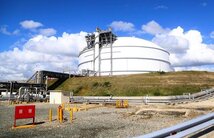
Construction of a 50-kilometer gas pipeline in San Pedro de Macorís
Loan in favor of AES Dominicana for a total amount of US$54.00 million.
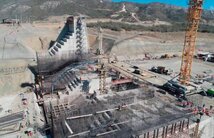
Montegrande Multipurpose Dam Project Phase III
With current financing of US$249.6 million
CABEI and Republic of Korea to contribute to the modernization of the Dominican Republic's Customs Management System
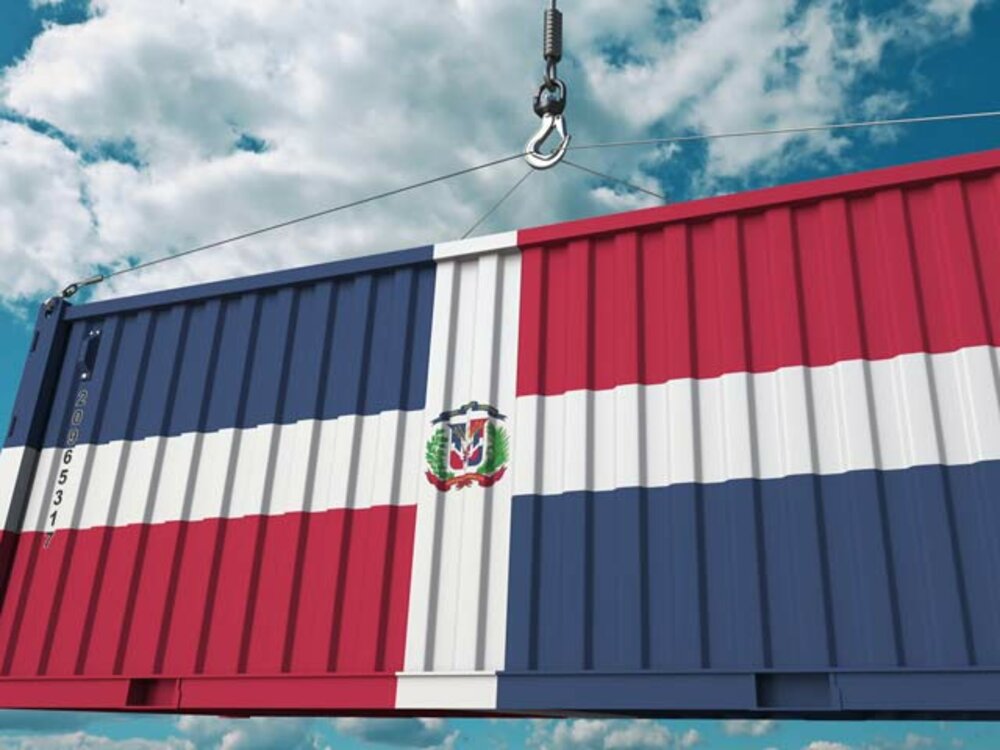
Through a US$450,000 technical cooperation grant from the Korea-CABEI Single Donor Trust Fund (KTF), a comprehensive review and analysis of the customs management system will be carried out.
Santo Domingo, January 28, 2022- The Central American Bank for Economic Integration (CABEI) approved US$450,000 in non-reimbursable technical cooperation from the Korea-CABEI Single Donor Trust Fund (KTF) with the objective of supporting a strategic path for modernizing the Customs Management System and its technological infrastructure in the Dominican Republic.
This support will be used to evaluate the customs management system by identifying restrictions and limitations that may currently exist, as well as to conduct a technical and financial analysis of the scenarios to be implemented for its modernization and the processes to be presented in order to obtain the best international practices related to policies, regulations and strategic customs governance models, contributing to capacity building and knowledge transfer to key personnel of the General Customs Directorate (DGA in Spanish).
"The COVID-19 pandemic has shown the need to optimize the logistics sectors. This initiative is expected to achieve that integrating vision for strengthening the market and regional competitiveness, as well as improving customs management processes and technologies, contributing to an increase in the trade volume, tax collection and an increase in port activities, which will undoubtedly generate more employment opportunities and greater economic productivity in the country," said CABEI Executive President, Dr. Dante Mossi.
With the implementation of the Technical Cooperation, it is expected to obtain a comprehensive assessment of the current customs infrastructure and based on the findings obtained, a strategic roadmap will be developed for its improvement and sustainable management in line with the best international practices and technologies implemented in this area by the Republic of Korea.
In addition, and as part of an integrating vision, it will seek to contribute to strengthening regional competitiveness and promoting it as an integrated market, improving the efficiency, transparency and sustainability of customs services and administration in the Dominican Republic.
The execution of the Technical Cooperation is scheduled to start during the second quarter of 2022 and to be completed within 12 months.

